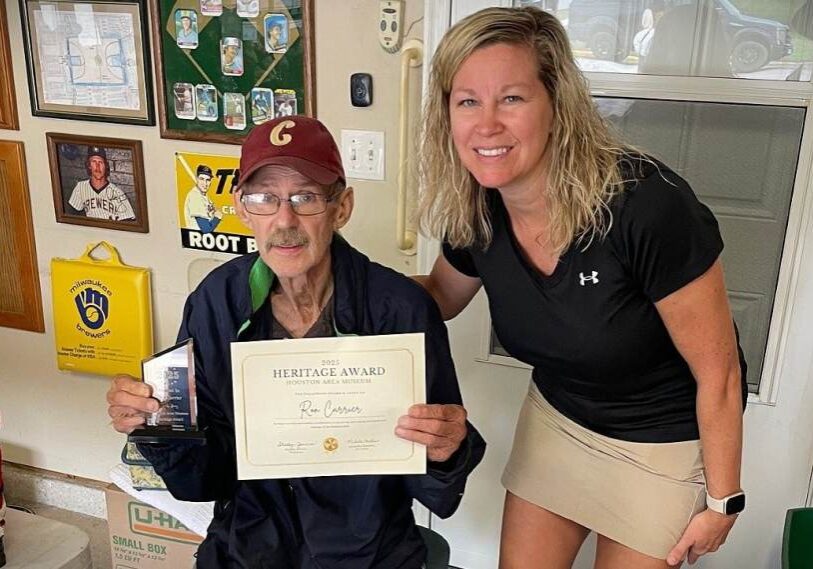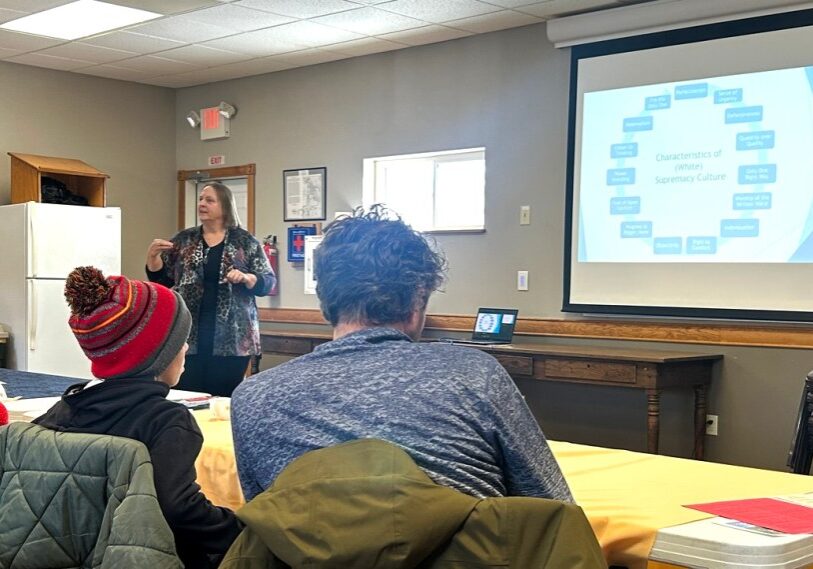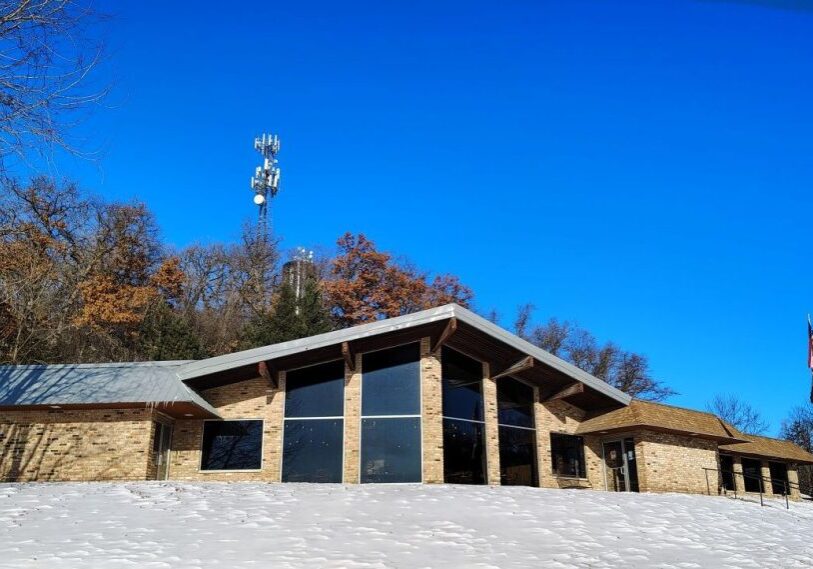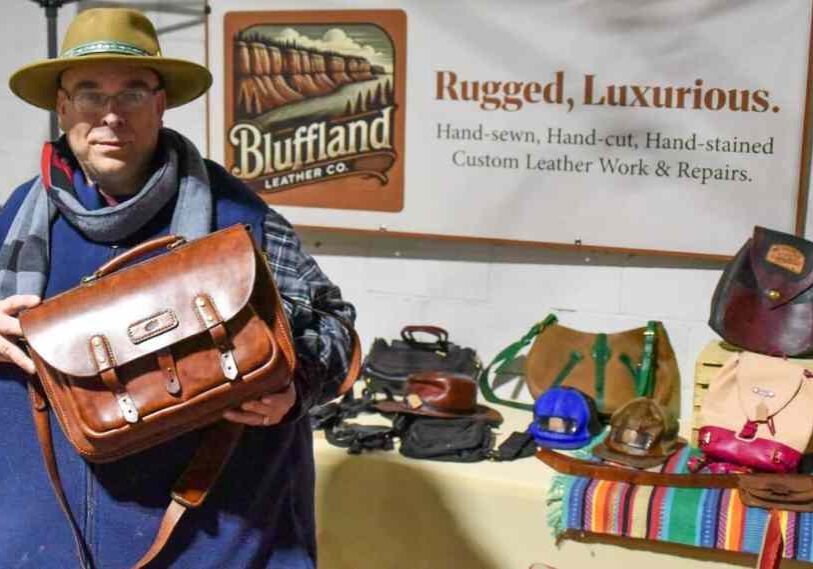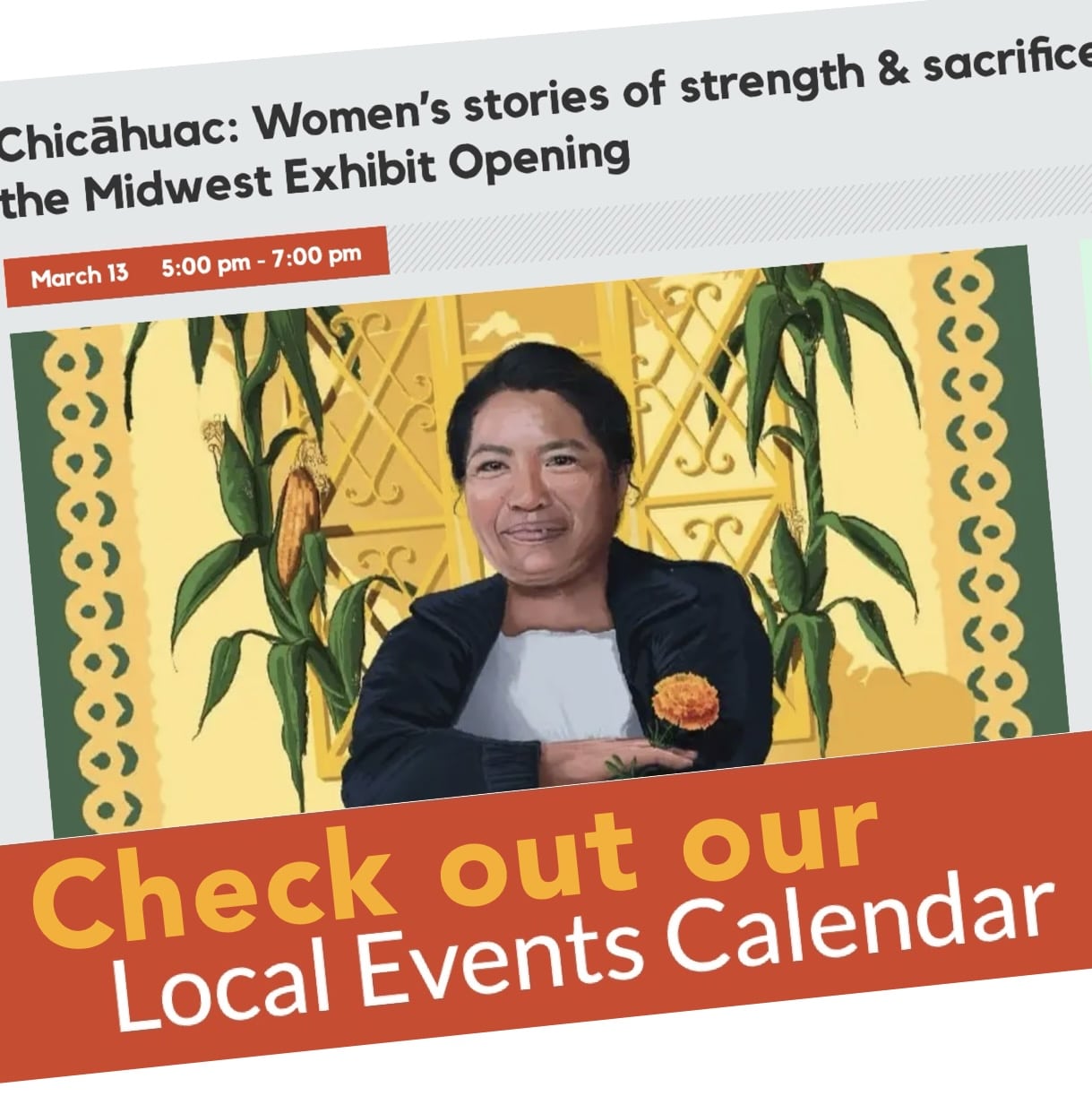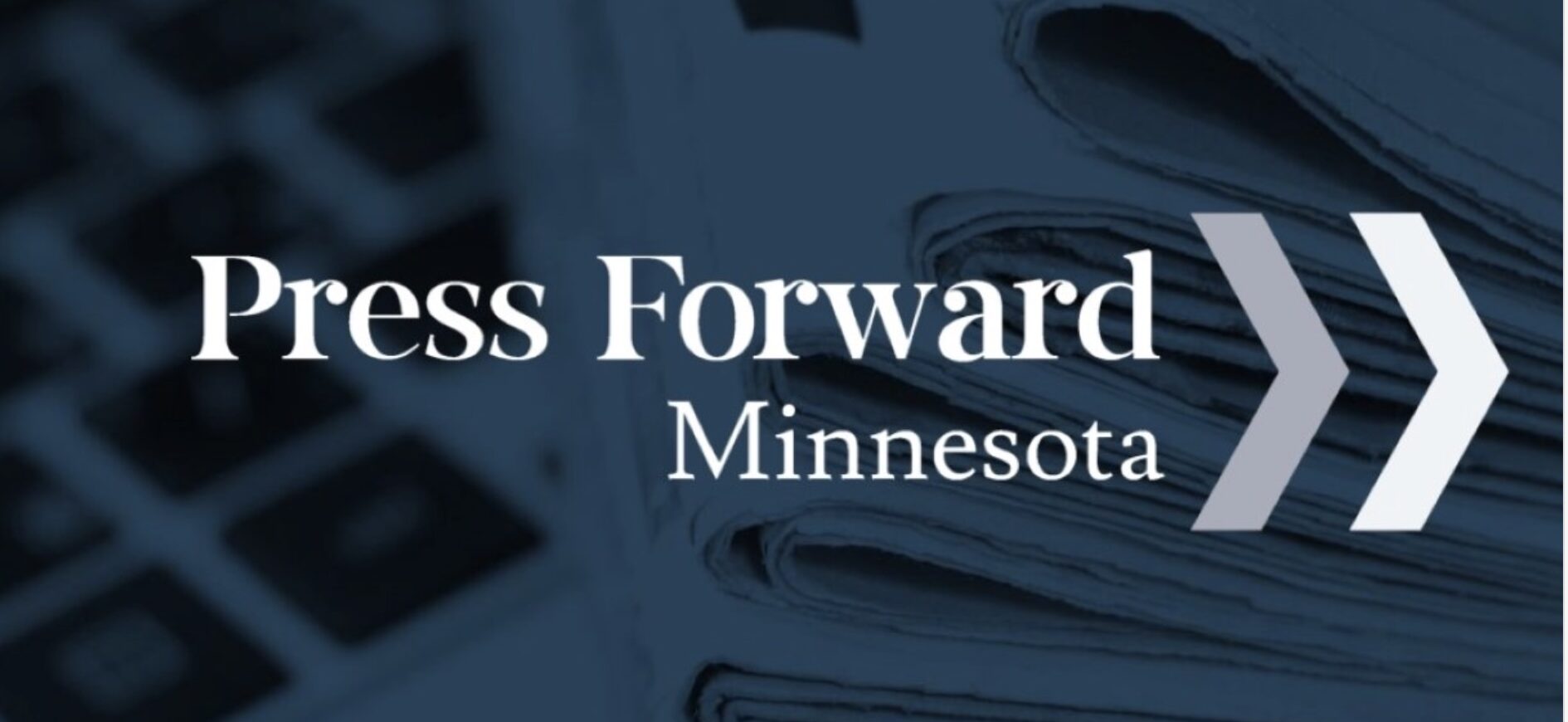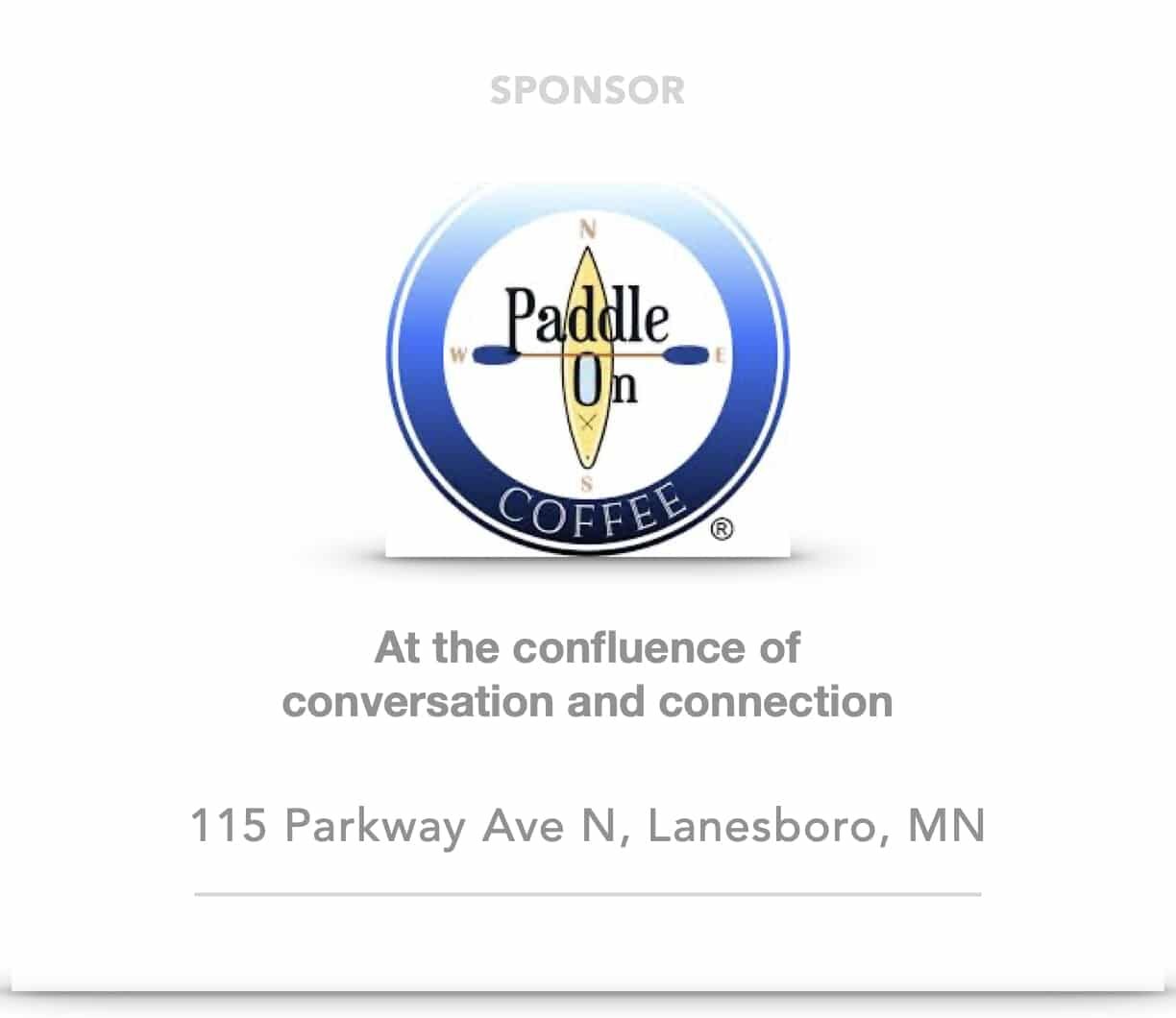Are Libraries at a Critical Crossroads?

Part One: A cornerstone of America for more than two centuries
What do rural communities need to sustain themselves or even grow? To make them attractive and viable places to live and thrive?
Many things, of course. Jobs, housing, good schools, places to worship and play. Commerce is essential, including a grocery store or two. A post office is key. Access to good medical care. Most people agree on those basics.
Let me suggest one more essential. A library. A small, rural town that seeks to offer a good quality of life to all who live there needs a public library.
I say that while making a personal confession. I love libraries. That life-long affair blossomed early, probably on the day my fourth-grade teacher marched our class to the school library where she told us we could look at all the books and take one (or two) home to read. Any book we wanted. For free. I couldn’t believe it!
That love deepened when I discovered our town’s public library where I got a library card (my first “official” document in my first wallet with my name on it). That place had thousands of books, its own distinct aroma, card catalogues (remember those?), magazines, newspapers, and a stillness different than any place I’d ever experienced (even church).

The author perusing the bookshelf for a good read. Changing technology is one of the issues facing libraries in rural America. (Photo by Sue Harris)
It was more than my little brain could process but I knew right away I loved it.
My love-relationship with libraries matured in high school and college libraries later on; it remains just as vibrant as the decades roll on.
I believe I’m in good company. (Many people reading this know exactly what I’m talking about.) Let’s go way back.
Credit for the world’s first library is given to Ashurbanipal, a king in Nineveh (near Mosul of modern-day northern Iraq), who in the 7th century B.C. collected nearly 30,000 clay tablets. (Think of those card-catalogues!)
Ben Franklin
In this country we look to Ben Franklin, kite-flyer, genius-statesman, and inventor of so many things, including in 1731 the Library Company of Philadelphia.
Two centuries later that love (and power) of a good library may have best been summarized by Albert Einstein himself when he said, “The only thing you absolutely have to know is the location of the library.” Good company, indeed.
Ben Franklin’s idea took off big-time. Today one estimate says there are nearly 125,000 libraries across the U.S, with about 17,000 of those being what you’d call public libraries. (For comparison, that’s about 3,000 more libraries than there are McDonald’s).
A little over 40% of those libraries are serving rural communities, which by one definition is any community with a population of less than 15,000 as defined by the latest government census.
So, not only did Ben Franklin help organize the first public library in this country, he did that in what we’d call a rural community. (Philadelphia in the early 1730s had less than 12,000 people living there). Those of us living in the Root River region of southeastern Minnesota know those communities. Those are the libraries we know.
In this series of Root River Current articles, we’ll explore our local public libraries. We’ll ask lots of questions. Where are they exactly? What do they offer their communities? How are they doing? What are they doing? What challenges are they facing, financially and otherwise?
What does the future of libraries in our rural communities look like? And why does this matter? Those are big questions for what are certainly challenging times not just for rural libraries but rural-anything.
While there are recent positive signs of stronger population growth and creative energy in many rural counties, many small towns face ongoing economic struggles. Many towns are getting smaller, Main Street storefronts go dark, schools consolidate, family farms disappear.
What’s happening with and in our local libraries is part of a complex, complicated and changing culture in rural America. That can’t be ignored.

There are an estimated 17,000 public libraries in the United States. (Photo by Steve Harris)
What also can’t be ignored are the complexities of our rapidly changing 21st century technology. That is having a huge impact on libraries of all sizes, including rural libraries. Another factor looming on that horizon? Social-political-cultural changes seem to be taking direct aim at libraries—including what books they make available and what programs they offer.
The public library in rural Vinton, Iowa—population 5,257—recently closed for a period of time in response to swirling tensions in that rural community. When a judge in Llano County, Texas, ordered local libraries to return 17 books that had been banned, county commissioners discussed one solution: close the entire library system. Complicated, scary stuff.
What is happening in small-town, rural libraries? How are they handling the “white-water” of changing technology, tightened budgets, staffing challenges, social-political divides, and how American families are using their time? Big and important questions to ask.
This might be the biggest and most important question of all: what does the future look like for small-town libraries? Is it possible we’ll reach a time when we no longer have them at all?
That line from Joni Mitchell’s “Big Yellow Taxi,” comes to mind: “Don’t it always seem to go, that you don’t know what you’ve got ‘til it’s gone.”
When it comes to our small-town, rural libraries, do we know what we’ve got? Let’s start there.
Next: Root River Local Libraries: A Current Look, the second in this three-part series.
